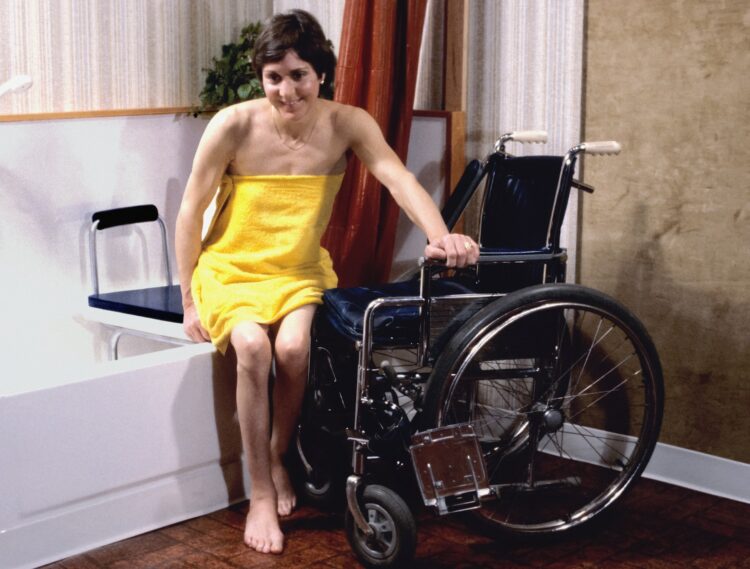Disabilities

Exploring the topic of disability in conversations can offer ESL learners several distinct benefits for improving their English language skills.
Firstly, it expands their vocabulary by introducing terms related to disabilities, accommodations and inclusive language. Learners can acquire new words, phrases, and expressions specific to disability, enabling them to communicate more effectively on this topic.
Secondly, discussing disability encourages learners to practice various language functions such as expressing sympathy, offering support, and discussing personal experiences.
Types of Disabilities
In our society, people have a wide range of disabilities that can impact their everyday lives. One prevalent disability is blindness, where individuals are unable to see. These individuals rely on their other senses, such as touch and hearing, to navigate the world around them.
Deafness is another disability that affects people’s ability to hear sounds, requiring them to communicate through sign language or lip reading. Mobility impairments restrict a person’s ability to move freely and often necessitate the use of mobility aids like wheelchairs. Additionally, intellectual disabilities can affect a person’s cognitive abilities, making it more challenging for them to learn and understand information.
Useful Vocabulary Related to Disability
Try and use the following vocabulary when answering the question. Click to look up the definition in the dictionary
Conversation Questions About Disability
- How would you define disability?
- Do you or anyone you know have a disability?
- Can you think of any famous people with disabilities who have made significant contributions to society?
- In your opinion, what are some of the biggest challenges faced by individuals with disabilities in accessing education and employment?
- How can society become more inclusive and accommodating for individuals with disabilities?
- How has technology helped people with disabilities?
- Should children with disabilities be educated in mainstream schools or specialized schools?
- What are some common misconceptions or stereotypes about people with disabilities?
- What role can education play in raising awareness and fostering empathy towards individuals with disabilities?
- Can you think of any inspiring stories or examples of individuals with disabilities who have overcome obstacles and achieved their goals?
- Is it the responsibility of the government to ensure accessible infrastructure and facilities for individuals with disabilities?
- Is it fair to have separate Paralympic Games for athletes with disabilities instead of integrating them into the Olympic Games?
- How important is it for TV shows and movies to cast actors with disabilities in roles that portray characters with disabilities?
- Should public transportation systems offer free or discounted fares for individuals with disabilities?
- What help should the government provide people with disabilities?

